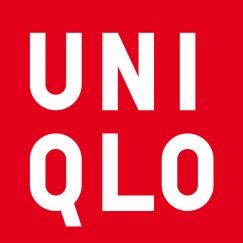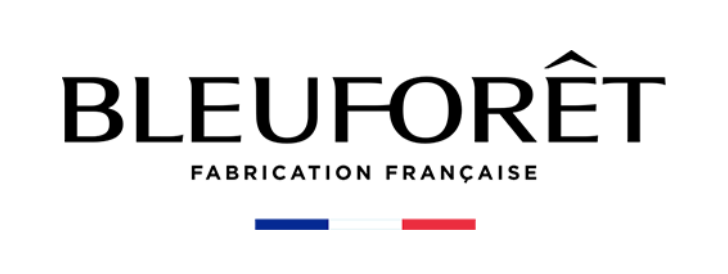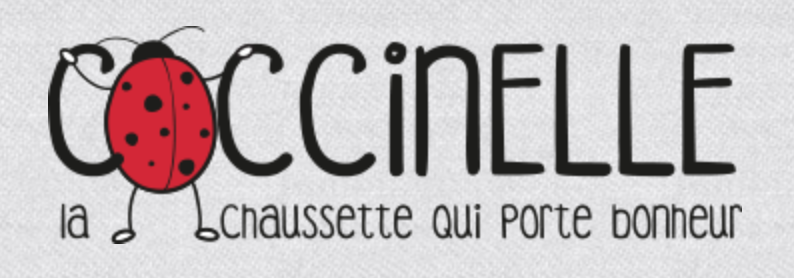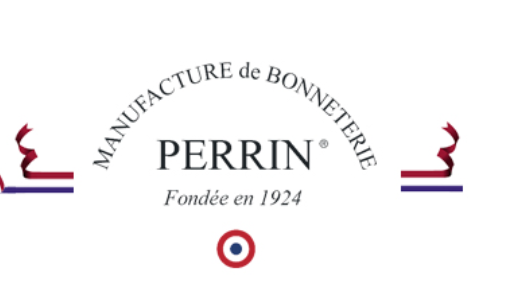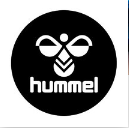Synthèse
The European market for knitted and crocheted footwear, including socks, has witnessed stable growth, with the market value averaging €1.292 billion. Germany leads European production with a 40% share, followed by France at 16%, with the top five countries producing 72% of the total. France's market increased from €180.67 million to €209.09 million, showing a CAGR of 2.46%. French domestic consumption was around €712 million. France relies heavily on imports, primarily from Turkey, China, and Italy, to meet demand, reflecting a strong dependence and a trade deficit.
The number of French companies in the sector shrank from 43 in 2012 to 31, a 22-company decrease, and employment fell by 21%. The French market for socks shows moderate consumption, with an annual purchase of 7 new pairs of socks per individual compared to 17 for Italians, and an ownership of 17 pairs per French person. Comfort is the key purchasing criterion, and consumers show no strong preference for any specific sock brand. The escalation of e-commerce is evident as online ready-to-wear sales captured 19.5% of the budget among under-35s, compared to 10% among seniors, with overall turnover reaching approximately €3 billion.
Current regulations like REACH shape the market by regulating chemical use and protecting consumers, while the Hamon Law addresses e-commerce rules and product labeling obligations. The sock market today caters to a wide audience, becoming a fashion statement and diversifying with innovations such as Made In France and unique designs, despite a decline in physical store sales. Note that the data provided stops at 2018, and there is no mention of changes or events starting from 2020.
Main Trends and Dynamics in the Country's Sock Market
The sock market in the referenced country has been undergoing a considerable transformation, adapting to the changing fashion trends and consumer preferences. Conventionally a market focused primarily on the male demographic, it has progressively diversified to cater to the entire population. This evolution is reflective in the variety of socks now available - ranging in design, color, and material, marking the transition of socks into a statement of fashion rather than just a mundane apparel necessity. A noteworthy trend is the burgeoning popularity of Made In France socks, which underscores a consumer inclination towards products guaranteeing superior quality and local manufacture. This shift is emblematic of a larger demand for transparency and sustainability in apparel choices. Socks fashioned from natural materials like cotton, wool, and silk are particularly preferred, indicating an emphasis on quality and eco-friendliness over economy and mass production.
Ready-to-wear giants currently play a significant role in the market, with a handful of these conglomerates, such as Dim and Uniqlo, dominating the scene. However, the entry and growth of independent brands like Archiduchesse, Bleu Forêt, and Royalties, which promote Made In France products, showcase the fragmentation of the market and the potential for niche brands to carve out substantial market segments. In terms of consumer behavior, there's a nuanced pattern where sock purchases align closely with comfort, style, and durability. Colour preferences lean towards classical hues, with black and blue being the colors of choice for nearly half of the surveyed consumers. However, despite these specific preferences, brand loyalty appears to be relatively low, suggesting a market rich in opportunities for new entrants.
The growth dynamics of the domestic sock market are evidenced by the annual market size, which ranges from 180 to 210 million euros. Nonetheless, the consumption of socks per capita is modest in comparison to some European counterparts, with French individuals averaging between 5 to 9 new pairs annually and owning between 15 to 20 pairs of socks in total. This contrasts starkly with countries like Italy, where individuals purchase upwards of 15 pairs each year.
The online segment of the market has seen a particularly strong growth, especially among younger consumers, capturing a notable portion of the annual clothing budget. E-commerce has become a pivotal channel, with online sales of clothing items capturing 15% of the national clothing market. Brands like Kindy have taken cognizance of this trend and are actively pivoting to leverage online retail.
Lastly, the regulatory atmosphere in the country is tailored to ensure customer.
Diverse and Dynamic Contenders in the Sock Market Landscape
The vibrant sock market has seen a multitude of players, each bringing its unique flavors to the table, contributing to a tapestry of choices for consumers. While the market spans from budget-friendly mass-produced options to bespoke high-quality offerings, certain names stand out, painting a vivid picture of the competitive scene.
- Dim: A household name in the realm of hosiery, Dim has established itself as a giant among clothing brands. With a longstanding reputation, it has been known to cater to a wide audience, offering a range of products that blend comfort with style.
- Uniqlo: This global apparel retailer has steadily grown in popularity, and its entry into the sock market is met with the same practical and minimalist approach that characterizes its brand. Uniqlo’s offerings are a blend of affordability, quality, and timeless design.
- Archiduchesse: As an exemplar of the Made In France movement, Archiduchesse showcases a commitment to local manufacturing of high-quality socks. This brand targets a niche audience that values the French touch in their sartorial selections.
- Bleu Forêt: Positioned as an environmentally-conscious choice, Bleu Forêt prides itself on using natural fibers and production processes that respect the environment. Their products strike a balance between eco-friendly practices and the need for high-quality, durable socks.
- Royalties: With its roots deeply embedded in the independent sector, Royalties is for those seeking a blend of craftsmanship and uniqueness. The brand garners attention from customers who view socks as a serious fashion statement, elevating an everyday item to the sphere of trendy accessories.
- Kindy: Embracing the surge in e-commerce, Kindy has pivoted towards online sales with a strong focus on innovation in marketing strategies. By reimagining their approach to sales, Kindy is an example of an established brand adapting to the shifting landscapes of consumer behavior.
Each of these contenders in the sock market contributes to the variety and depth of options available, ensuring that from the basic, no-frills pairs to the environmentally-minded and fashion-forward selections, there is something for every foot in France. With a finger on the pulse of consumer preferences and a keen eye on the evolving market dynamics, these brands are well-positioned to keep stepping forward in the competitive world of knitted and crocheted footwear.
à la compréhension de ce marché
Détail du contenu
 Informations
Informations
- Nombre de pages : 30 pages
- Format : Version digitale et PDF
- Dernière mise à jour : 06/07/2023
 Sommaire et extraits
Sommaire et extraits
1 Market overview
1.1 Market definition and presentation
Long mainly dedicated to men, the sock market has evolved enormously over the last few decades, and now targets the entire French population. We are witnessing new fashion trends that have made the sock a real fashion accessory [ Huffington Post ]
Thus, the offer on the market continues to grow and evolve to meet the new expectations of consumers. For example, we are witnessing the development of Made In France, which is becoming increasingly popular, or the significant increase in demand for so-called "fancy" socks, with ever more original designs
Many types of socks exist today, in different shapes, colours and materials used in their production
However, as the new generations are an increasingly important player in the demand for ready-to-wear clothing, in recent years there has been a decline in the sale of socks in "physical" points of sale, i.e. supermarkets and hypermarkets, which tends to slow down sales of traditional brands, in favour of those of start-ups with innovative sales strategies
 Liste des graphiques
Liste des graphiques
- Valeur de la production de chaussures en bonneterie
- Répartition du chiffre d'affaires des chaussures en bonneterie
- Marché mondial de la chaussette
- Valeur de la production d'articles chaussants à maille
- Commerce extérieur de la fabrication d'articles chaussants à maille
Toutes nos études sont disponible en ligne et en PDF
Nous vous proposons de consulter un exemple de notre travail d'étude sur un autre marché !
Dernières actualités
Entreprises citées dans cette étude
Cette étude contient un panorama complet des entreprises du marché avec les derniers chiffres et actualités de chaque entreprise :
 Choisir cette étude c'est :
Choisir cette étude c'est :
Accéder à plus de 35 heures de travail
Nos études sont le résultat de plus de 35 heures de recherches et d'analyses. Utiliser nos études vous permet de consacrer plus de temps et de valeur ajoutée à vos projets.
Profiter de 6 années d'expérience et de plus de 1500 études sectorielles déjà produites
Notre expertise nous permet de produire des études complètes dans tous les secteurs, y compris des marchés de niche ou naissants.
Notre savoir-faire et notre méthodologie nous permet de produire des études avec un rapport qualité-prix unique
Accéder à plusieurs milliers d'articles et données payantes
Businesscoot a accès à l'ensemble de la presse économique payante ainsi qu'à des bases de données exclusives pour réaliser ses études de marché (+ 30 000 articles et sources privées).
Afin d'enrichir nos études, nos analystes utilisent également des indicateurs web (semrush, trends…) pour identifier les tendances sur un marché et les stratégies des entreprises. (Consulter nos sources payantes)
Un accompagnement garanti après votre achat
Une équipe dédiée au service après-vente, pour vous garantir un niveau de satisfaction élevé. (+33) 9 70 46 55 00
Un format digital pensé pour nos utilisateurs
Vous accédez à un PDF mais aussi à une version digitale pensée pour nos clients. Cette version vous permet d’accéder aux sources, aux données au format Excel et aux graphiques. Le contenu de l'étude peut ainsi être facilement récupéré et adapté pour vos supports.
 Nos offres :
Nos offres :
the sock market | France
- Quels sont les chiffres sur la taille et la croissance du marché ?
- Quels leviers tirent la croissance du marché et leur évolution ?
- Quel est le positionnement des entreprises sur la chaine de valeur ?
- Comment se différencient les entreprises du marché ?
- Données issues de plusieurs dizaines de bases de données
Pack 5 études (-15%) France
- 5 études au prix de 75,6€HT par étude à choisir parmi nos 800 titres sur le catalogue France pendant 12 mois
- Conservez -15% sur les études supplémentaires achetées
- Choisissez le remboursement des crédits non consommés au terme des 12 mois (durée du pack)
Consultez les conditions du pack et de remboursement des crédits non consommés.
- 04/03/2024 - Mise à jour des données financières de l'entreprise Fast retailing Group Unoqlo
- 06/02/2024 - Ajout des informations de l'entreprise Tismail La Chaussette de France
- 03/12/2023 - Mise à jour des données financières de l'entreprise Fast retailing Group Unoqlo
- 10/10/2023 - Ajout des informations de l'entreprise DD Doré Doré
- 02/09/2023 - Mise à jour des données financières de l'entreprise Fast retailing Group Unoqlo
- 06/07/2023 - Ajout des informations de l'entreprise Berthe aux Grands Pieds
- 06/07/2023 - Ajout des informations de l'entreprise Archiduchesse
- 06/07/2023 - Ajout des informations de l'entreprise Saint James
- 06/07/2023 - Ajout des informations de l'entreprise Montlimart
- 06/07/2023 - Ajout des informations de l'entreprise Ranna
- 06/07/2023 - Ajout des informations de l'entreprise Cocorico
- 06/07/2023 - Ajout des informations de l'entreprise Hummel
- 25/06/2023 - Ajout des informations de l'entreprise Maison Broussaud
- 25/06/2023 - Ajout des informations de l'entreprise Labonal
- 20/05/2023 - Mise à jour des données financières de l'entreprise Uniqlo Fast retailing Group
- 19/05/2023 - Ajout des informations de l'entreprise Le slip Français
- 19/02/2023 - Mise à jour des données financières de l'entreprise Uniqlo (Fast retailing group)





 Un duo efficace pour Tismail - 06/02/2024
Un duo efficace pour Tismail - 06/02/2024
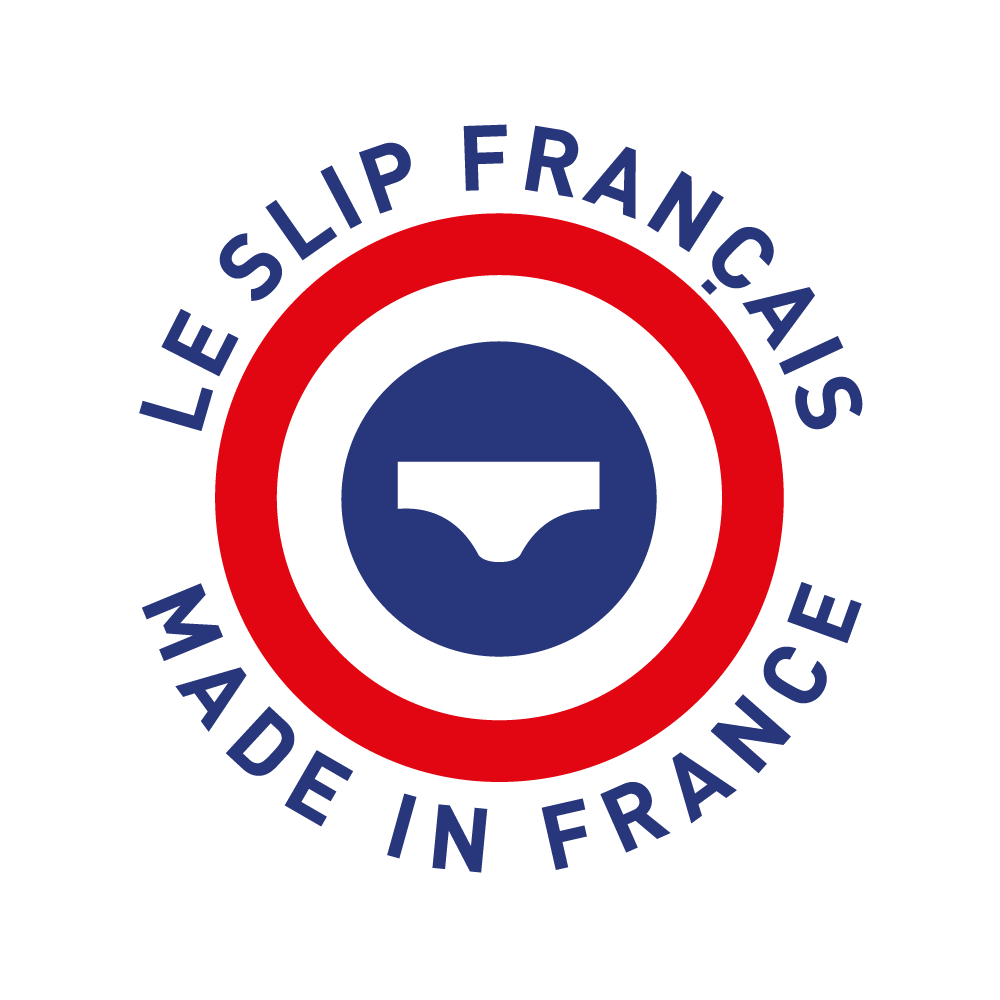 Le Slip Français, le pari osé du made in France - 09/11/2023
Le Slip Français, le pari osé du made in France - 09/11/2023
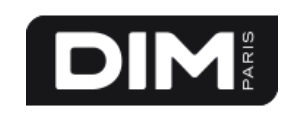 Dim rapatrie la fabrication des collants allemands Nur Die | Fabrication allemande des collants Nur Die de retour - 21/07/2023
Dim rapatrie la fabrication des collants allemands Nur Die | Fabrication allemande des collants Nur Die de retour - 21/07/2023
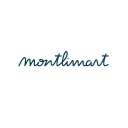 Montlimart, marque d'habillement et de chaussures pour homme écoresponsable - 15/05/2023
Montlimart, marque d'habillement et de chaussures pour homme écoresponsable - 15/05/2023
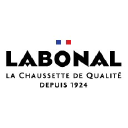 Labonal revêt des motifs alsaciens de T'heim - 09/07/2022
Labonal revêt des motifs alsaciens de T'heim - 09/07/2022
 Broussaud Textiles : renaissance made in France. - 21/05/2022
Broussaud Textiles : renaissance made in France. - 21/05/2022
